Pope Francis issues 'most significant revision' to Catholic Church law on sexual abuse since code was approved in 1983

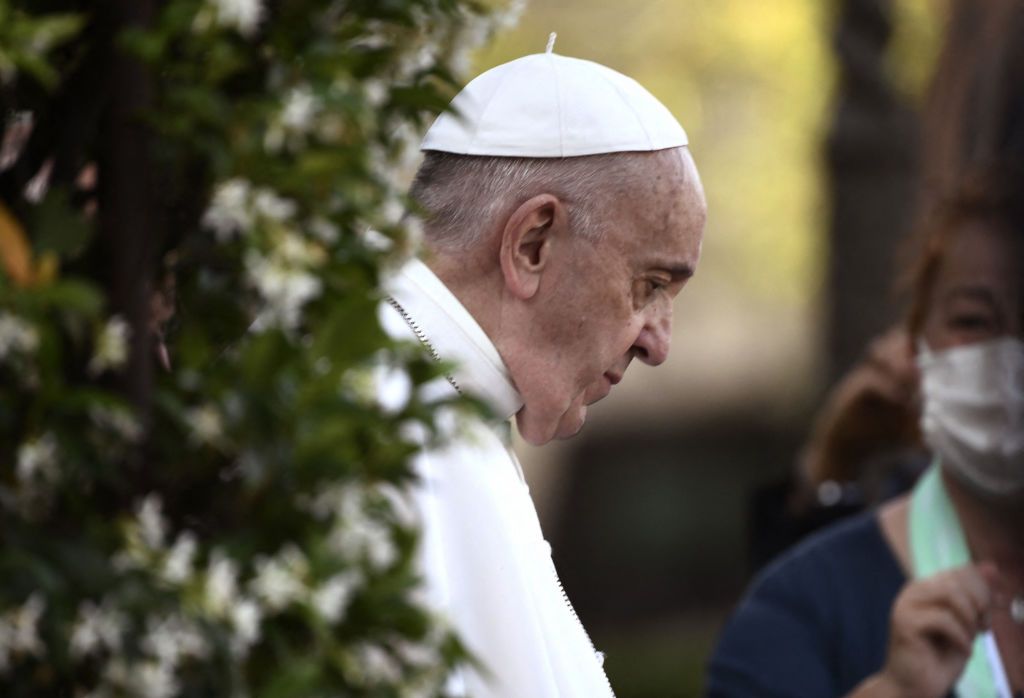
A free daily email with the biggest news stories of the day – and the best features from TheWeek.com
You are now subscribed
Your newsletter sign-up was successful
The Vatican on Tuesday announced changes to its Code of Canon Law as the Catholic Church continues to "address gaps in its response to" its decades-long sexual abuse scandal, The New York Times reports. The Tablet's Christopher Lamb called Pope Francis' revision "the most significant ... since the current code was approved in 1983" by Pope John Paul II.
The update does include a few rules that were already in effect, but others are appearing for the first time, or have been extended, Bishop Juan Ignacio Arrieta Ochoa de Chinchetru, the Secretary of the Pontifical Council of Legislative Texts told Vatican News. "For example, the offense of abuse of minors or violence is applied not only with regard to clerics but also in relation to religious and lay people who carry out some kind of office or function in the Church," he said.
The code also now explicitly acknowledges adults, and not only children, can be considered victims of sexual abuse by priests and powerful lay officials. And, for the first time, an article officially criminalizes the practice of "grooming" — the term given to the practice, often used by sexual predators, of building relationships with children to exploit them. Now, says the Times, the law states that a cleric should be removed from office and face other "just penalties" if he "grooms or induces a minor or a person who habitually has an imperfect use of reason" to engage in pornography "whether real or simulated." Read more at The New York Times.
The Week
Escape your echo chamber. Get the facts behind the news, plus analysis from multiple perspectives.

Sign up for The Week's Free Newsletters
From our morning news briefing to a weekly Good News Newsletter, get the best of The Week delivered directly to your inbox.
From our morning news briefing to a weekly Good News Newsletter, get the best of The Week delivered directly to your inbox.
A free daily email with the biggest news stories of the day – and the best features from TheWeek.com
Tim is a staff writer at The Week and has contributed to Bedford and Bowery and The New York Transatlantic. He is a graduate of Occidental College and NYU's journalism school. Tim enjoys writing about baseball, Europe, and extinct megafauna. He lives in New York City.
-
 What to know before filing your own taxes for the first time
What to know before filing your own taxes for the first timethe explainer Tackle this financial milestone with confidence
-
 The biggest box office flops of the 21st century
The biggest box office flops of the 21st centuryin depth Unnecessary remakes and turgid, expensive CGI-fests highlight this list of these most notorious box-office losers
-
 What are the best investments for beginners?
What are the best investments for beginners?The Explainer Stocks and ETFs and bonds, oh my
-
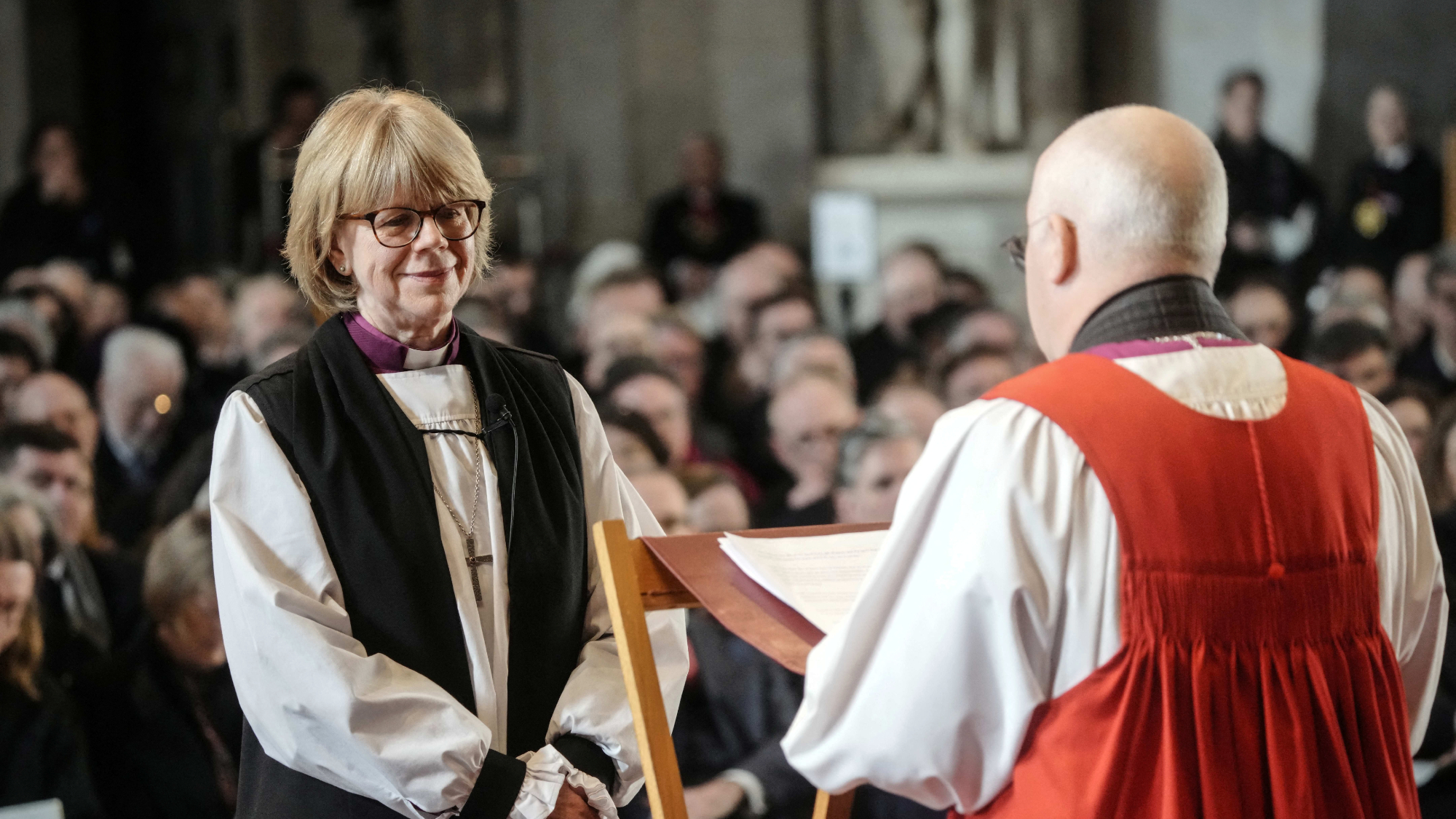 Church of England instates first woman leader
Church of England instates first woman leaderSpeed Read Sarah Mullally became the 106th Archbishop of Canterbury
-
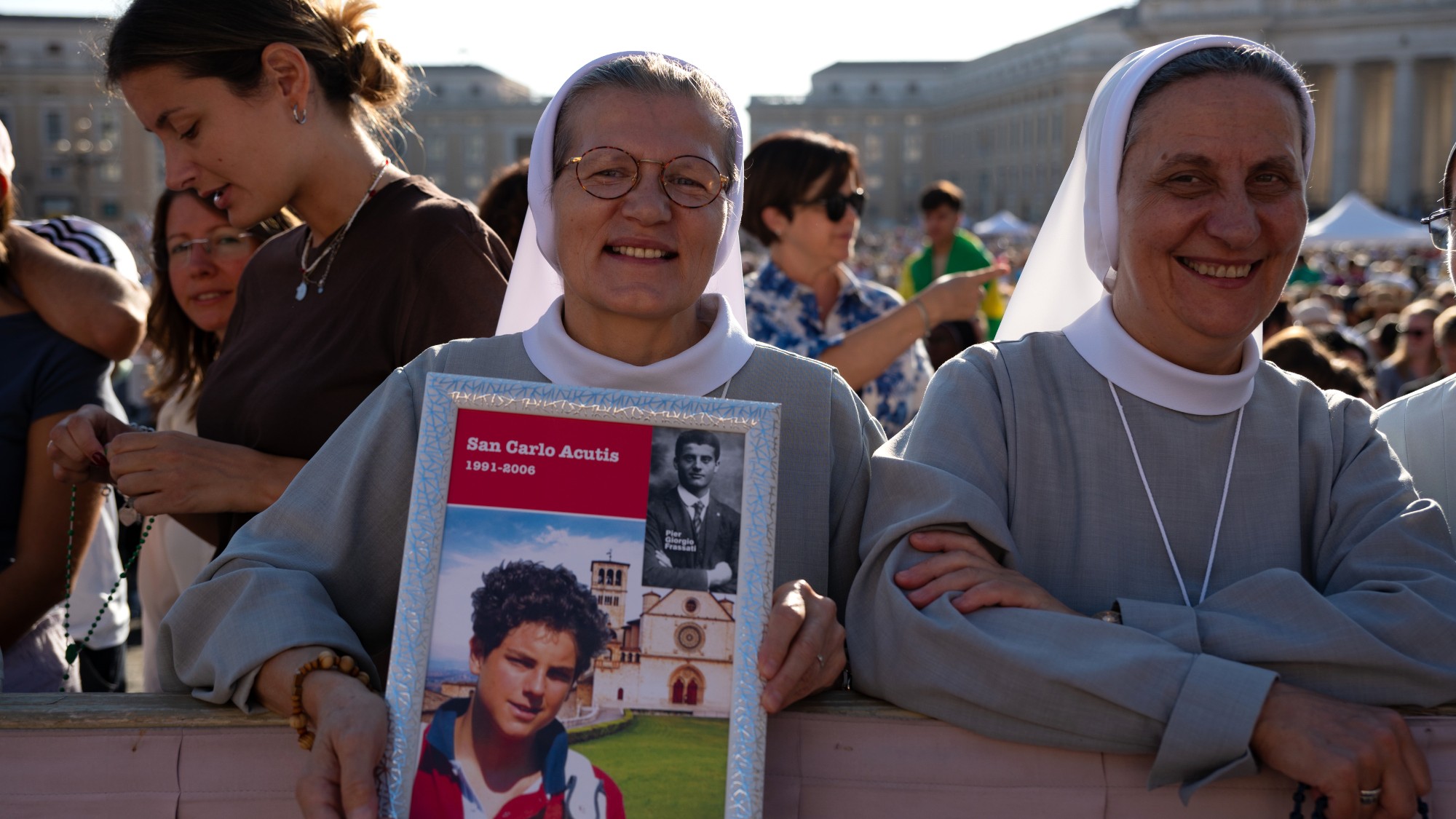 Pope Leo canonizes first millennial saint
Pope Leo canonizes first millennial saintSpeed Read Two young Italians, Carlo Acutis and Pier Giorgio Frassati, were elevated to sainthood
-
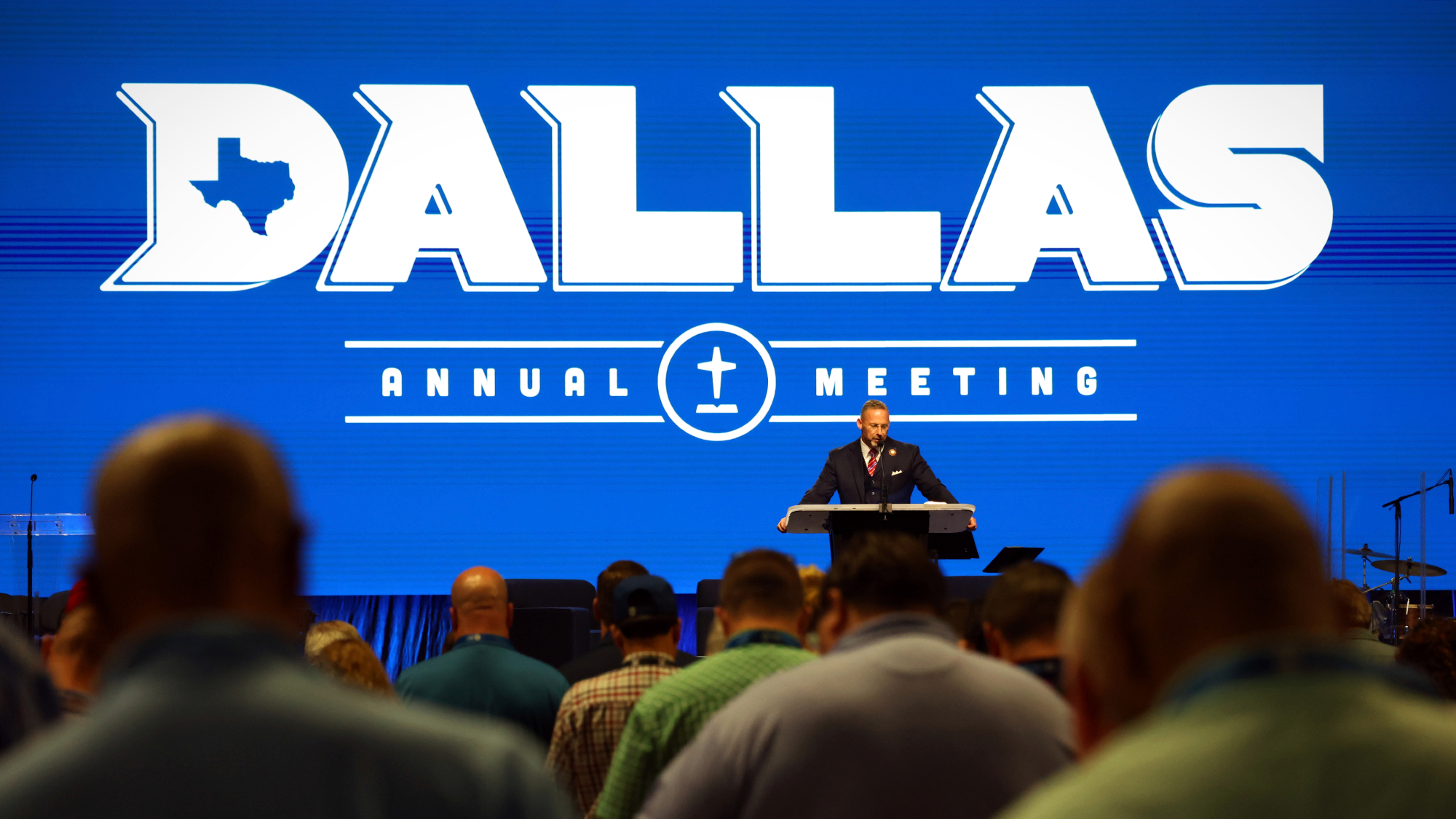 Southern Baptists endorse gay marriage ban
Southern Baptists endorse gay marriage banSpeed Read The largest US Protestant denomination voted to ban same-sex marriage and pornography at their national meeting
-
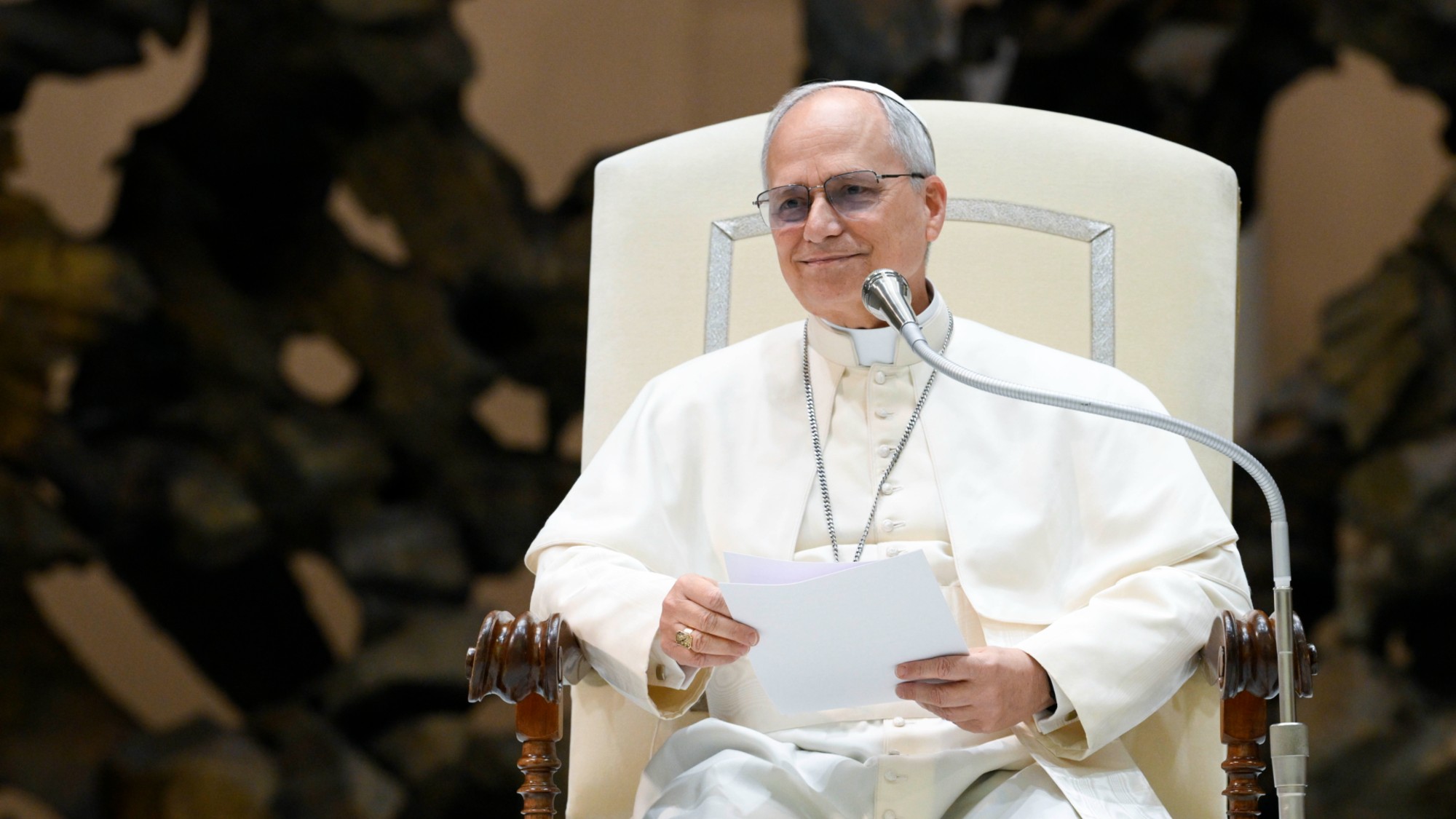 Where the new Pope Leo XIV stands on social issues
Where the new Pope Leo XIV stands on social issuesThe Explainer The first American pontiff is expected to continue some of his predecessor's work
-
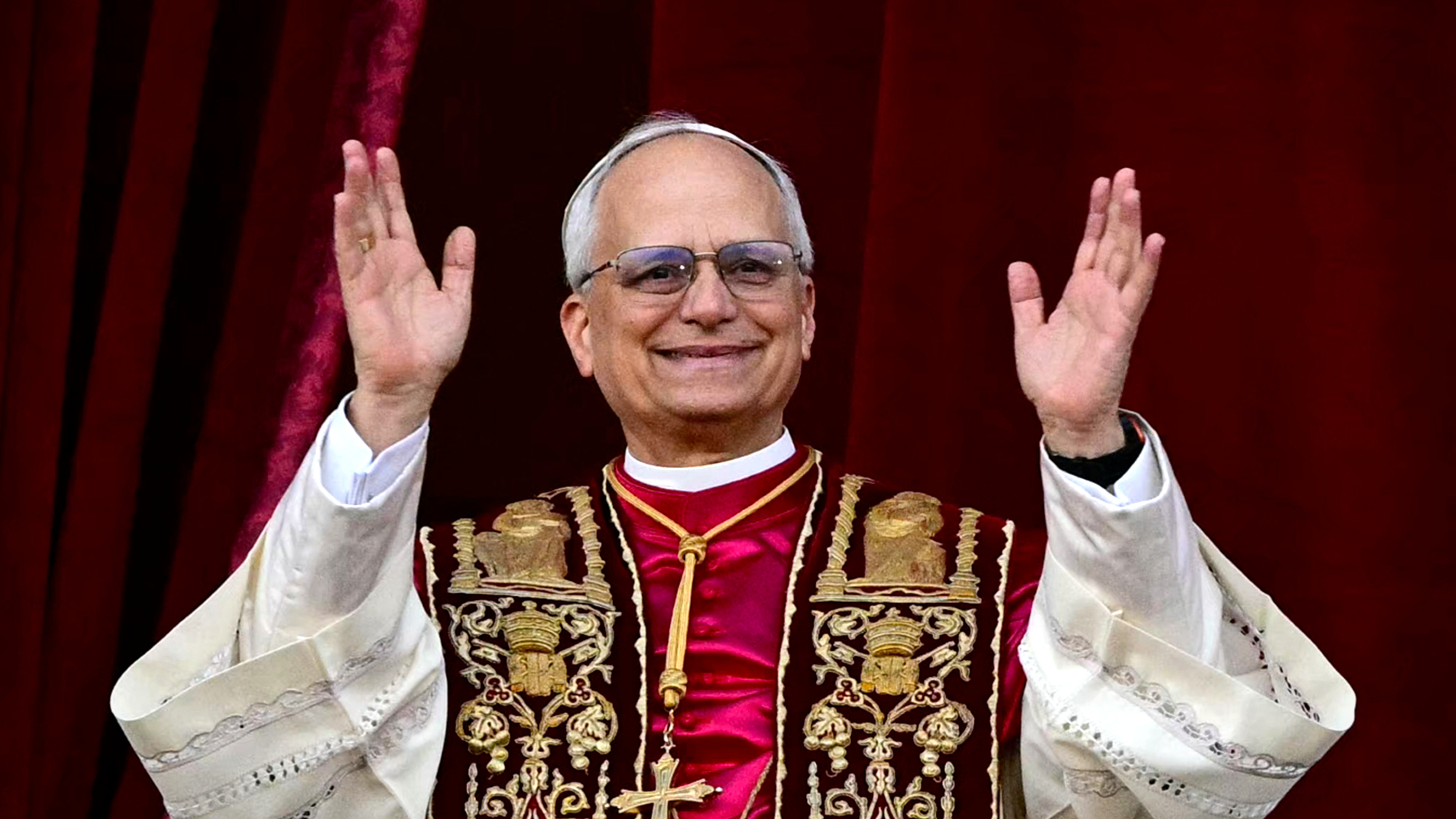 Prevost elected first US pope, becomes Leo XIV
Prevost elected first US pope, becomes Leo XIVspeed read Cardinal Robert Francis Prevost is a Chicago native who spent decades living in Peru
-
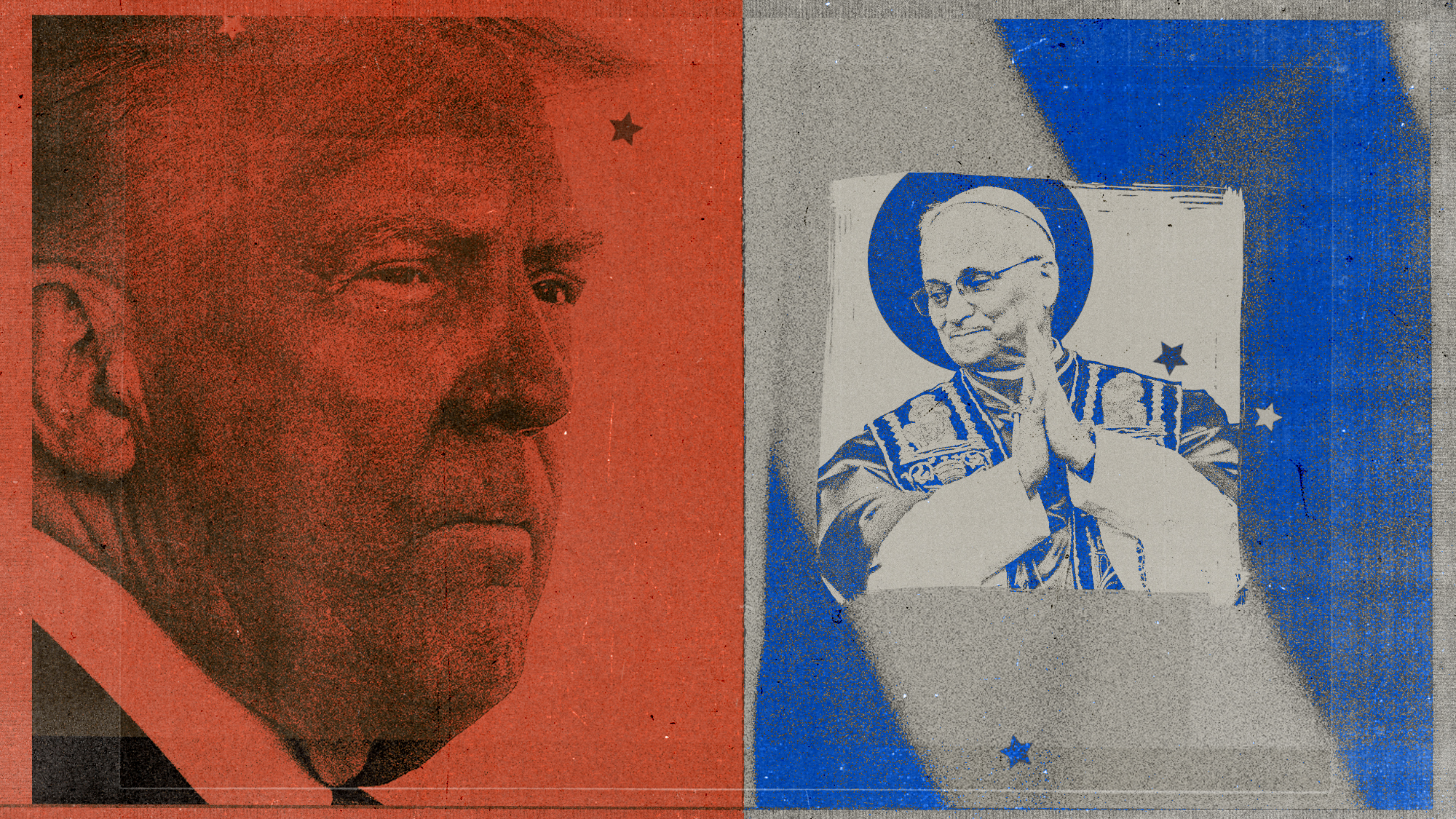 Leo XIV vs. Trump: what will first American Pope mean for US Catholics?
Leo XIV vs. Trump: what will first American Pope mean for US Catholics?Today's Big Question New pope has frequently criticised the president, especially on immigration policy, but is more socially conservative than his predecessor
-
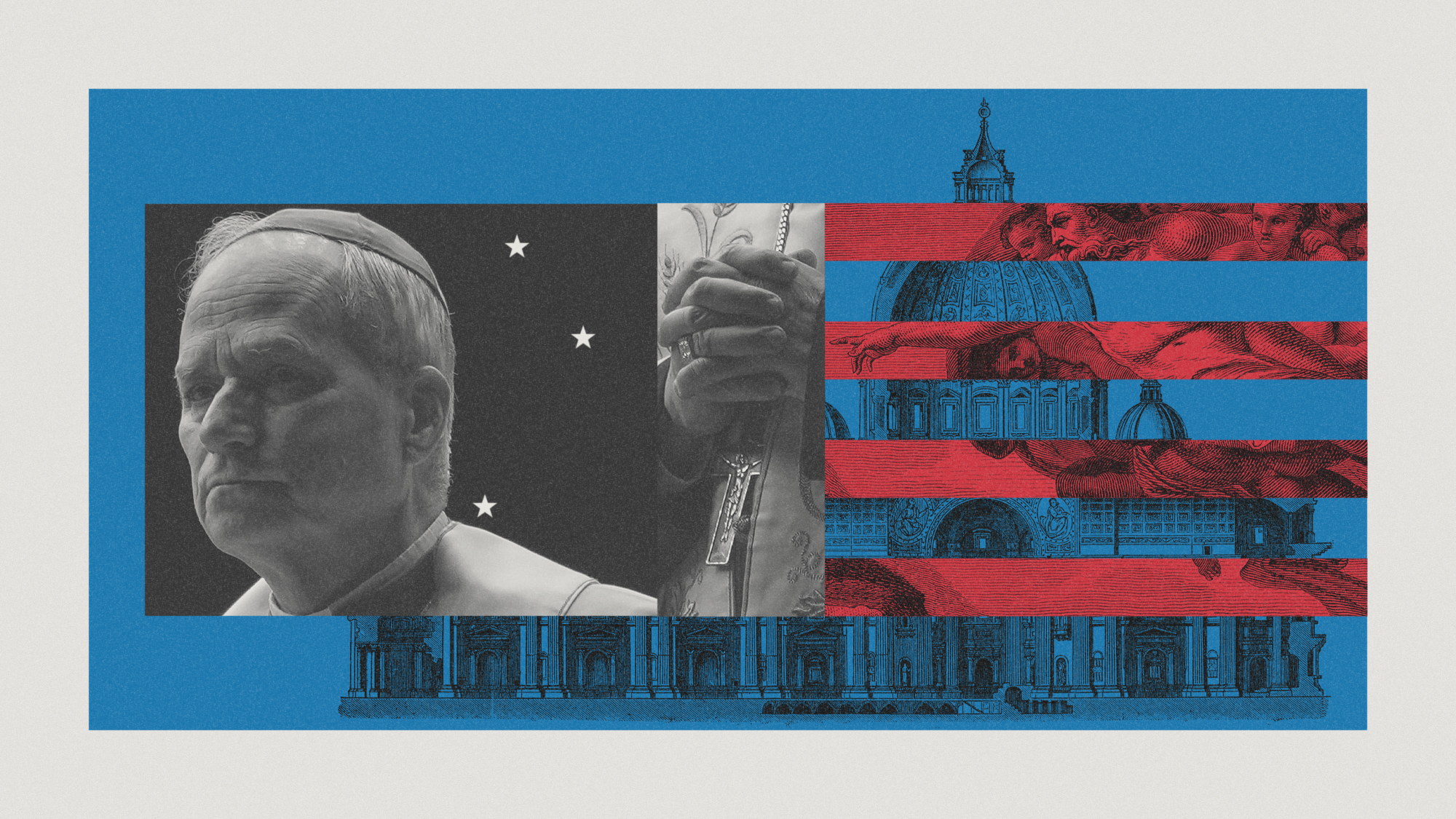 Could the next pope be an American?
Could the next pope be an American?Today's Big Question Cardinal Robert Francis Prevost is a possible 'superpower pope'
-
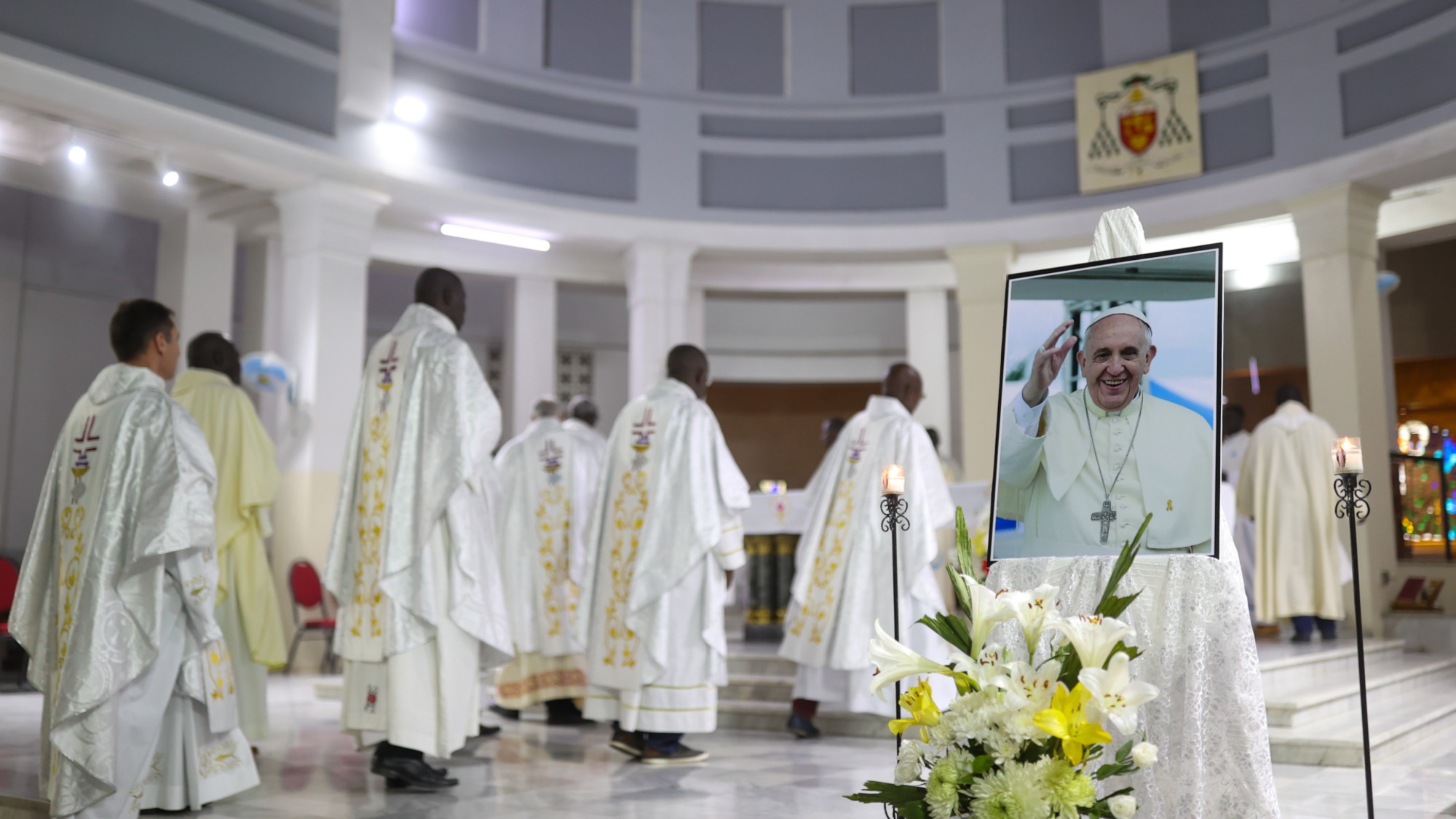 What would an African pope mean for the continent?
What would an African pope mean for the continent?Today's Big Question The Catholic Church has never had a pope from Africa in its modern history
